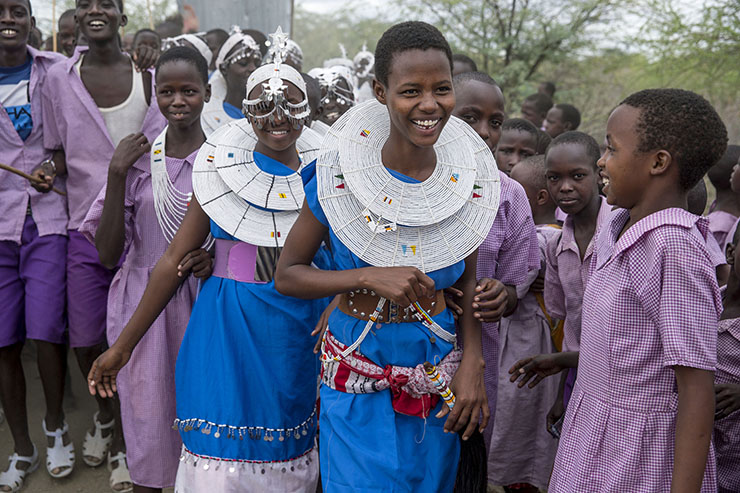
Investing in Reproductive Health for Youth Can:
- Increase educational attainment
- Improve health
- Delay first pregnancy
- Increase labor productivity in the long term
What Is the Issue?
Adolescence is a critical period of human development when young people make decisions that establish the foundations for future behaviors that affect the course of their lives. Reproductive health is an important component of achieving a safe and healthy transition from adolescence to adulthood because adolescent childbearing has consequences for health, schooling, and future job prospects.
Why Does It Matter?
In many countries across sub-Saharan Africa, adolescents comprise a large share of the population, making them an important group for advocates and policymakers. When decisionmakers prioritize the overall physical and mental health of young people, a nation’s economic well-being may improve more rapidly.
What Can Be Done?
Increasing investments to improve access to adolescent reproductive health services can lead to delayed childbearing as well as improved educational attainment and labor force participation later in life.
Learn More:
- Better access to contraception can increase young women’s educational attainment: Making the Case for Adolescent Health .
- Family planning programs that meet the reproductive needs of adolescents can result in fewer pregnancies and healthier children: Access to Health Care Affects Teen Childbearing and Human Capital Consequences of Teen Childbearing in South Africa .
- A conditional cash transfer program can result in both short-term and potentially long-lasting effects on school completion, and declines in early marriage, teen pregnancy, and risky sexual behavior: Effects of Cash Transfer Programs .
- PopPov studies about adolescents: Policy Relevant Findings on Adolescents .